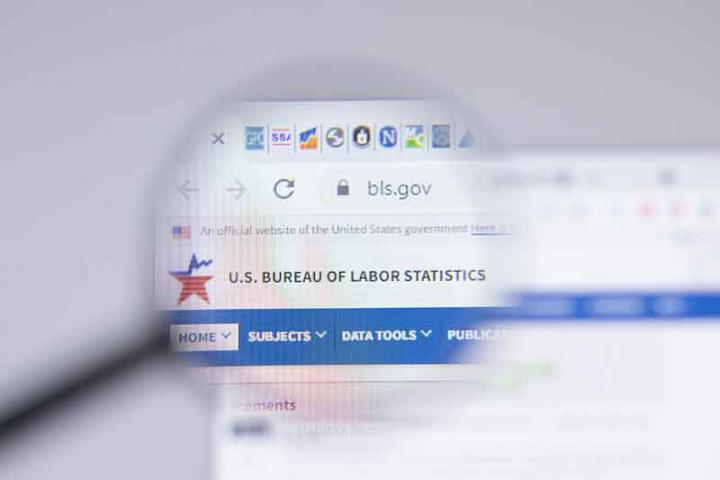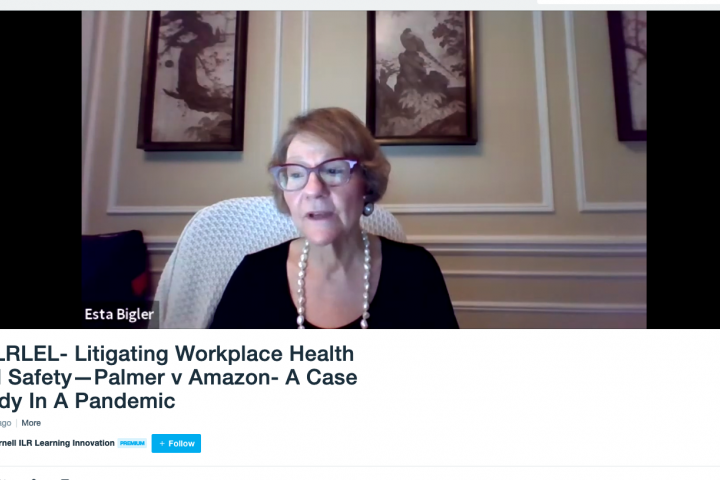
Research on Social Influence can be Applied to Vaccination Choice: ILR Professor
ILR School Associate Professor Vanessa Bohns’s research includes examining the extent to which people recognize the influence they have over others in interpersonal interactions. In a recent interview, Bohns discussed how sharing information about receiving a COVID-19 vaccine can impact other people’s choices.
Many are divided on whether COVID-19 vaccinations are safe and effective. Does talking about a decision to receive a vaccine influence others to do the same?
Conformity is a really strong social force. We feel compelled to do what we see our friends and acquaintances doing, and are impacted by what they believe. The tendency to copy others’ behaviors is even referred to as behavioral contagion.
However, in order for those social forces to be harnessed effectively, we first have to know what our friends and acquaintances believe and are doing, and we often don’t know, or may even assume others’ beliefs and behaviors incorrectly.
When we signal our support for vaccines and our willingness and even excitement about getting vaccinated once the option becomes available to us, we eliminate the guesswork – we tell people clearly what we believe and how we intend to behave, and that in turn can impact others’ behavior.
Some people are outspoken online about their vaccination choices, but many choose to not communicate their decision. Why?
There are a number of possible reasons, but one is that we may not recognize the value in sharing our beliefs, particularly if we aren’t medical experts. Certainly, experts like Dr. Fauci play an important role in communicating to the public what we should do.
However, once people know what they are expected to, they tend to look around to see what other people, especially people in their own social network, are actually doing. It makes a big difference if we see that other people are actually doing the thing we’ve been told we should be doing. And that’s a role we all can play.
Unfortunately, we may underestimate our power to shape others’ behavior in this way. Research shows we tend to underestimate how many people are paying attention to our beliefs, see our social media feeds, listen to what we have to say, and are likely to follow suit because they have seen what we believe.
In short, a social media post could encourage the behavior of others?
We have more influence over other people’s behaviors than we realize. By doing simple things, like clearly stating our enthusiasm for and comfort with getting vaccinated and posting this enthusiasm online, we can influence others.
We often think to change minds we need to argue with people, but we can also make a big difference simply by stating and broadcasting our own beliefs and leaving it at that. If enough people do that, it shows others that this is the norm.



